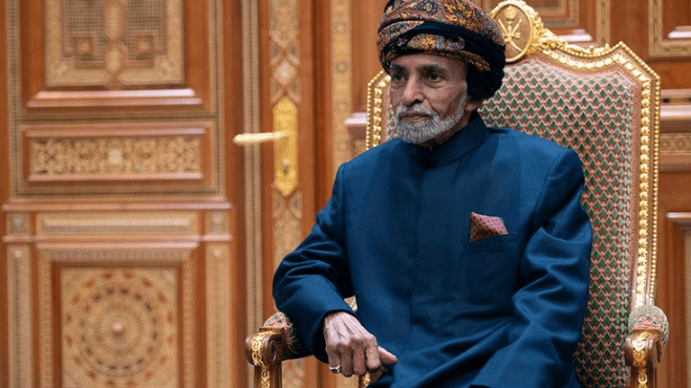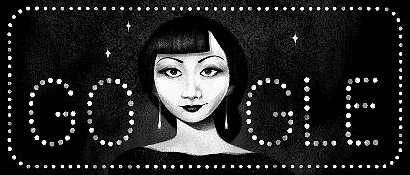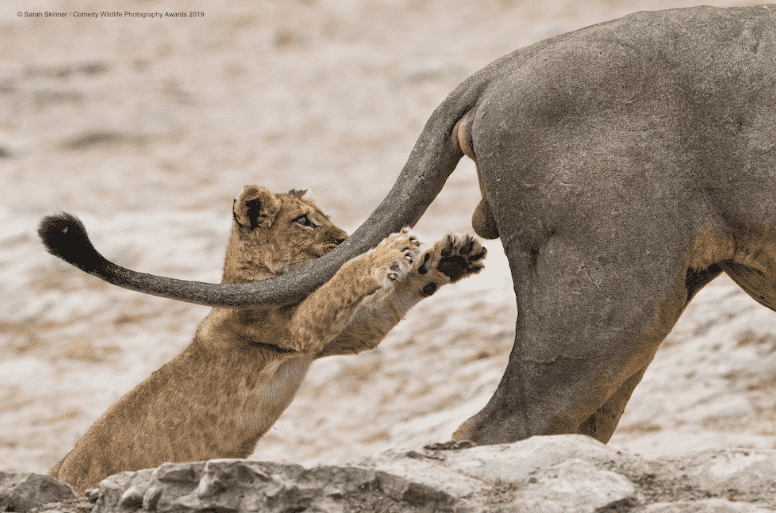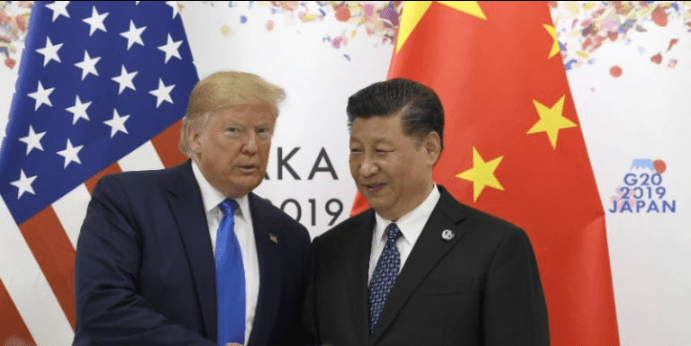He was 79 years old and had been the Arab leader in power for the longest time. Qaboos bin Said, who was the Sultan of Oman, died at the age of 79 from cancer. Qaboos had been in power since 1970 when with the help of the United Kingdom, he deposed his ultraconservative father and took his place: he had been the Arab leader in force for the longest time.
The New York Times wrote that “in his decades as absolute monarch, [Qaboos] used oil to lift the country out of poverty, building roads, ports, universities and stadiums”, without introducing a democratic system of government in Oman, a country of just under five million inhabitants in the southeastern tip of the Arabian Peninsula.
On Saturday morning it was announced that the successor to Qaboos, who was not married and had no children, would be the Minister of Culture, Haitham bin Tariq Al Said. He was named Sultan after opening an envelope in which Qaboos had written the name of who he wanted to be his successor… Haitham, who is 65 years old and a cousin of Qaboos, committed himself, in his first speech, to continue the policies of his predecessor based, as far as relations with other countries are concerned, on the principle of non-interference. Before becoming a Sultan, Haitham had dealt not only with culture but also with foreign affairs.
Qaboos was born in 1940. He studied in essential schools in the United Kingdom and 1965 was returned to Oman by his father, Said bin Taimur, who forced him to “house arrest”. His father had been in power since the 1930s. He had imposed an ultra-conservative regime in which, among other things, it was forbidden to wear sunglasses or listen to the radio and in which he decided who could marry, study or leave the country.
In 1970, also thanks to the help of the United Kingdom, Qaboos made a coup d’état: he took the place of his father, who spent the remaining two years of his life in a luxurious hotel in London. When he became Sultan, Oman was an isolated state, with only three schools and about ten kilometres of paved roads. In his first months in power, Qaboos repressed a Marxist uprising in the south of the country, still with the help of British special forces. In 1971 Oman joined the United Nations, and in the following years, Qaboos began to use oil money to make the country more modern and developed.
In foreign policy, Qaboos proposed himself as a mediator and possible interlocutor of all the countries of the Arabian Peninsula and those with interests in the area. In 1979 he supported negotiations between Egypt and Israel and in more recent years he has been interested in talks between the United States and Iran. Qaboos Oman was also the first country in the Persian Gulf to host an Israeli Prime Minister, Yitzhak Rabin.
The New York Times wrote that Qaboos “became one of the few leaders able to maintain ties and contacts with powers that often hated each other, such as Iran, Israel, the United States, Saudi Arabia and the Houthi rebels in Yemen.
There were never really intense protests against Qaboos, not even during the so-called “Arab Spring”, the protests that began in 2011 in North Africa and the Middle East that led to the dismissal of several authoritarian regimes.
During his years in power, Qaboos granted a constitution, but he also carried out violent repression and censorship, and never opened up to a more democratic system. In addition to the role of Sultan, he also held the positions of Prime Minister, Governor of the Central Bank and Minister of Finance, Foreign Affairs and Defence.
















